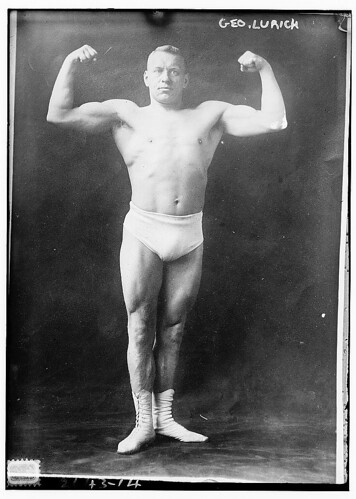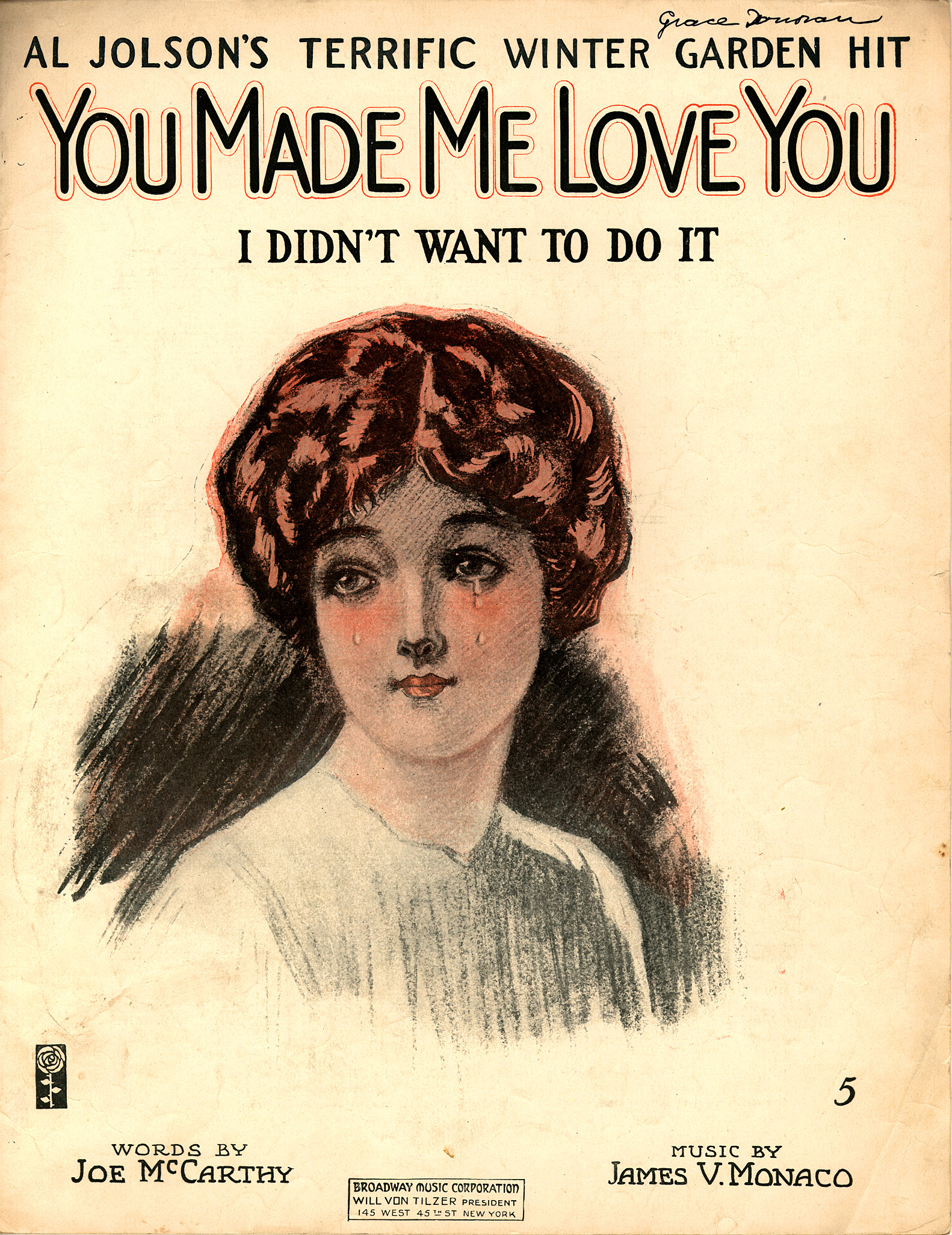Yesterday’s copywriting tip discussed the most powerful word in copywriting.
Today’s copywriting tip is the second most powerful word in copywriting.
It’s probably not a word you’re expecting. It’s not something we normally associate with marketing.
Usually, the sort of power words that come to mind with marketing or copywriting are words such as “new” or “free.”
Those are both important, but they’re not nearly as effective as this word.
What is this super word?
It’s “because.”
In fact, research has shown people will respond to it, even if you use it badly.
Here’s what one study found (from The New York Times)
In the 1970’s and 1980’s] research psychologist Dr. Ellen] Langer studied what happened when she stationed someone at a copy machine in a busy graduate school office. When someone stepped up and began copying, Dr. Langer’s plant would come up to the person and interrupt, asking to butt in and make copies…[P]ermission was granted almost 95 percent of the time if the person stepping up to interrupt not only asked, ”May I use the copy machine?” but added a reason, ”because I’m in a rush.”
That seems to make sense. People heard the reason and decided they were willing to step aside for a moment. What was odd, Dr. Langer found, was that if the interrupter asked, ”Can I use the machine?” and added a meaningless phrase, ”because I have to make copies,” the people at the machine also stepped aside nearly 95 percent of the time.”
If it works that well used poorly, think of the results if you use it well! Tell people why they should buy. And know why people buy from you.
I’m not a psychologist, but I think it works because it’s a story (even if it’s not a good one). We want to know why things are happening, and as long as it’s not a big hassle, we’ll go along.
What do you think?


